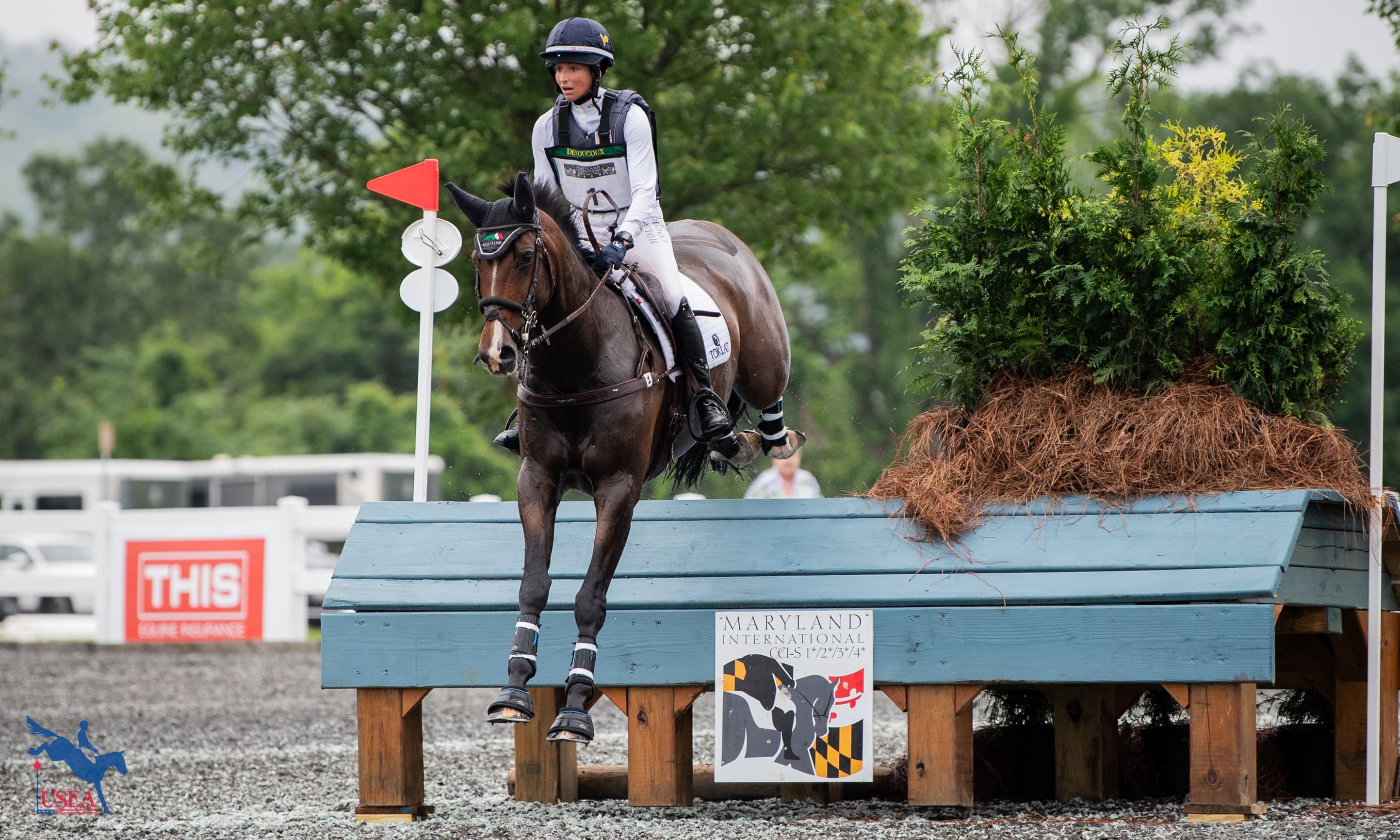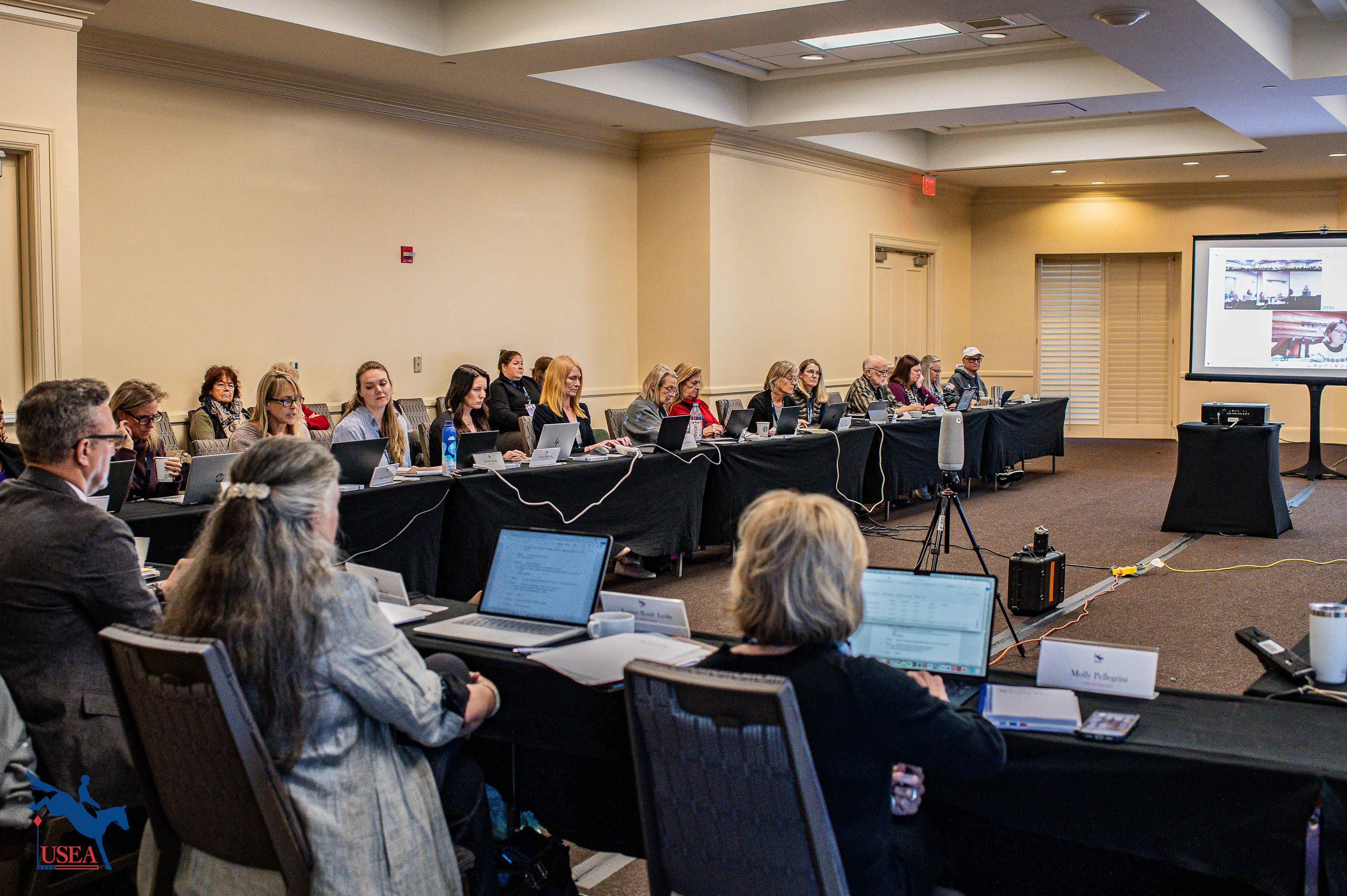Tips for Getting Your Mare in Foal

Brought to you by Merck Animal Health, the Official Animal Health Care Provider of the USEA.
There’s nothing more gratifying for a breeder than a promising new foal hitting the ground healthy. A successful outcome starts months prior with the initial breeding, and identifying the time of ovulation is crucial for a successful outcome.
Most breedings will result in conception when they occur from 36 hours before ovulation up to the day of ovulation. There are several tools you can use to approximate ovulation and help facilitate scheduled breeding, including:
- Teasing
- Palpation
- Ultrasound
- Artificial lighting
- Use of synthetic hormones such as Regu-Mate® (altrenogest)
As the synthetic form of progesterone, progestins have several applications in a breeding program:
- Suppress estrus in mares
- Facilitate attainment of regular cycles in the transitional mare
- Facilitate management of the mare exhibiting prolonged estrus
- Facilitate scheduled breeding
Oral progestin hormone, Regu-Mate (altrenogest), effectively suppresses estrus during the time it’s administered. When treatment is discontinued, mares come in estrus within four to five days and ovulate within five to seven days following the onset of estrus. Talk with your veterinarian about the optimal time to start Regu-Mate (altrenogest) treatment.
The use of Regu-Mate (altrenogest) to suppress estrus in order to facilitate scheduled breeding requires a veterinarian’s prescription and consultation. He or she can accurately predict ovulation and help you more efficiently manage your breeding program.
Regu-Mate® is contraindicated for use in mares having a previous or current history of uterine inflammation. Pregnant women, or women who suspect they are pregnant, should not handle Regu-Mate®. For complete safety information please read label.














